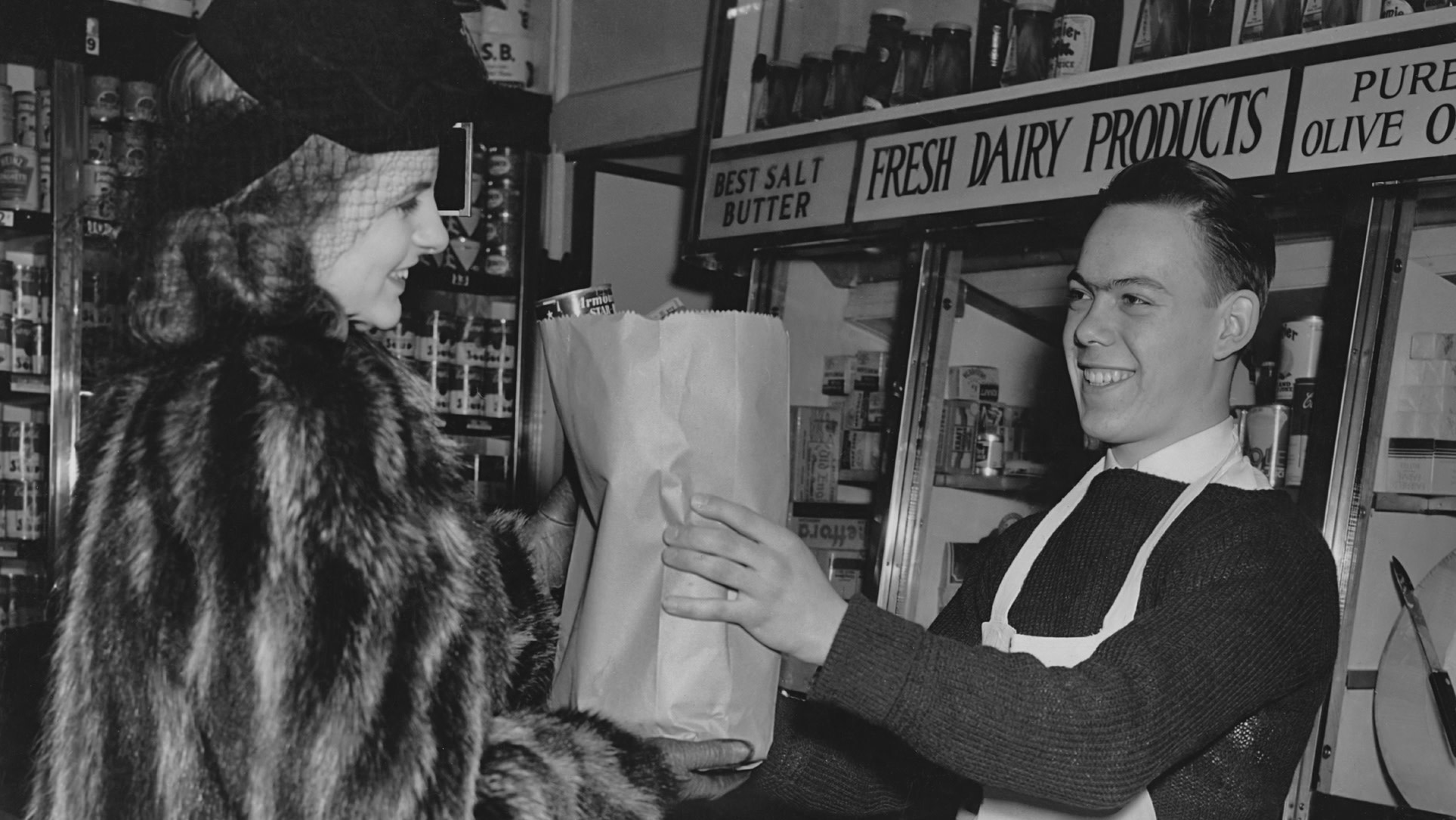Some Good Pandemic News: Small Local Grocery Stores Are Booming
One thing we've learned this week is that 2020 is the year of the pizza. And largely, this has meant massive success for the chain pizza restaurants, the ones with large production facilities or widespread delivery infrastructure already in place; these are not necessarily boom times for the independent outlets trying to get by without their typical dine-in business. But one arena in which small independent businesses are thriving is the grocery store space. Local grocers, always the backbone of their community, are arguably even more indispensable now than ever before.
Harvest Public Media reports that smaller markets, specifically those in rural areas, are uniquely positioned to thrive during the pandemic, as fewer people are driving into urban areas for work. Workers who travel into the city each day often get their grocery shopping done at larger chain supermarkets near their offices and workplaces, but now that more people are working from home, they're shopping closer to home, too. Even those who don't live by these smaller rural shops are more likely to patronize them when huge nearby stores like Walmart are crowded—remember, grocery store anxiety is a real thing these days.
At Great Scott! Community Market in Winchester, Illinois, owner John Paul Coonrod confirmed that sales are just about double what they were prior to the COVID-19 outbreak. Coonrod attributes this not only to the fact that fewer people are commuting into urban areas each day, but that customers are feeling an increased sense of civic responsibility to shop local.
Another benefit of shopping at smaller rural stores is that, while they are more likely than bigger chains to be hit by disruptions in the supply chain, they're also able to navigate those disruptions more nimbly, adapting with some creative solutions. For example, when Coonrod's store ran out of flour, he sourced some from local restaurants, packaged it up, and sold it at Great Scott!
Even as stay-at-home orders begin loosening up around the country, these rural grocery stores will continue to be a lifeline for their communities. As Rial Carver of the Rural Grocery Initiative points out, they principally serve older people and low-income families that might not have the means of traveling to a large chain supermarket elsewhere.
